- Arakan residents call for air raid warning systems amid surge in junta airstrikes
- Arakan’s Breathing Space (or) Mizoram–Arakan Trade and Business
- Death toll rises to 18 after junta airstrike on Ponnagyun village market
- Regime arrests dozens of Muslims in Sittwe over alleged Arakan Army links
- Over 200 IDPs in Ponnagyun struggle without shelter, food aid
Arakan State IDPs suffer from malaria
About 20 percent of the IDPs taking shelter along the Kyauktaw-Ponnagyun road, and at displacement camps in Kyauktaw Town, are suffering from malaria, said camp managers.
12 Jul 2024
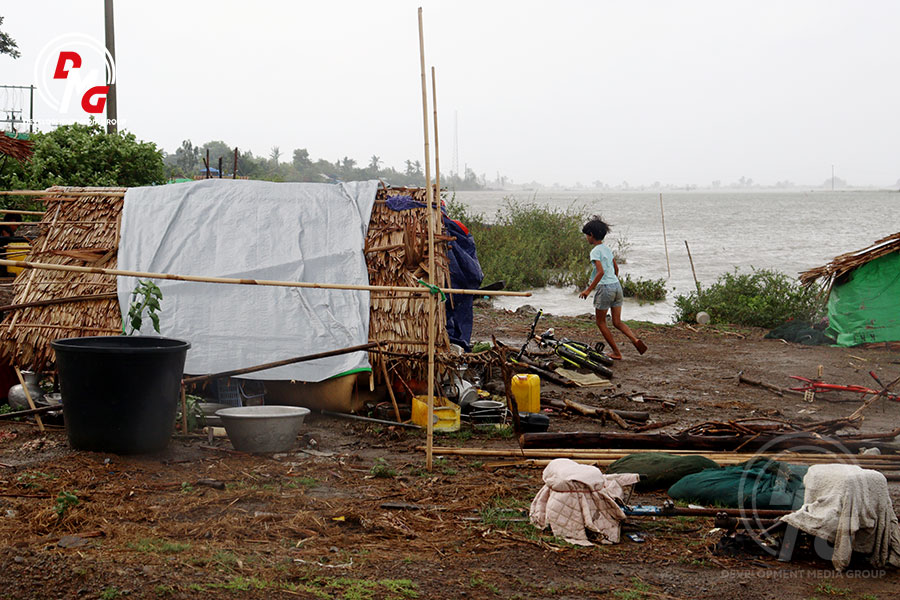
DMG Newsroom
12 July 2024, Sittwe
Internally displaced people (IDPs) in Arakan State are suffering from malaria amid the heavy fighting between Myanmar’s military regime and the Arakkha Army (AA), and are short of medicines, according to volunteers.
About 20 percent of the IDPs taking shelter along the Kyauktaw-Ponnagyun road, and at displacement camps in Kyauktaw Town, are suffering from malaria, said camp managers.
“There is a lot of stagnant water near here where mosquitoes breed,” said displaced person U Than Hla, who is taking shelter by the roadside. “The place is close to forested areas, and people suffer from malaria. Many people have suffered from malaria this month. It is very infectious.”
Limited availability of mosquito nets and medicines, and financial hardships, have compounded the problem, according to IDPs.
One displaced woman from the Naypukan displacement camp said IDPs’ lack of awareness about malaria is also a contributing factor.
“Many people have moved to our camp this month. They came via the mountains and forests, and they were sick. It is possible that they carried malaria. Some can’t afford to take medicines,” she said.
Though person-to-person transmission of malaria does not occur, a person with malaria can be bitten by a mosquito that could then spread the disease to other individuals it bites.
Increased cases of malaria have been reported during the current rainy season compared with previous years, said a healthcare worker who runs a clinic in AA-controlled territory.
“Malaria is common in this season, but the prevalence is higher this year. It is because of the crowded situation, and people have to move from place to place,” he said.
Not only IDPs, but residents who remain in their villages are also suffering from malaria, he said.
Health workers said they often cannot visit displacement camps to educate people about malaria due to the ongoing fighting and junta air raids.
Arakan State residents are suffering from serious food and pharmaceutical shortages as the regime has blockaded roads and waterways since renewed fighting broke out in November.
Malaria is a mosquito-borne illness that shows symptoms such as fever, chills, sweating, and vomiting. The disease can be fatal if not treated in time.




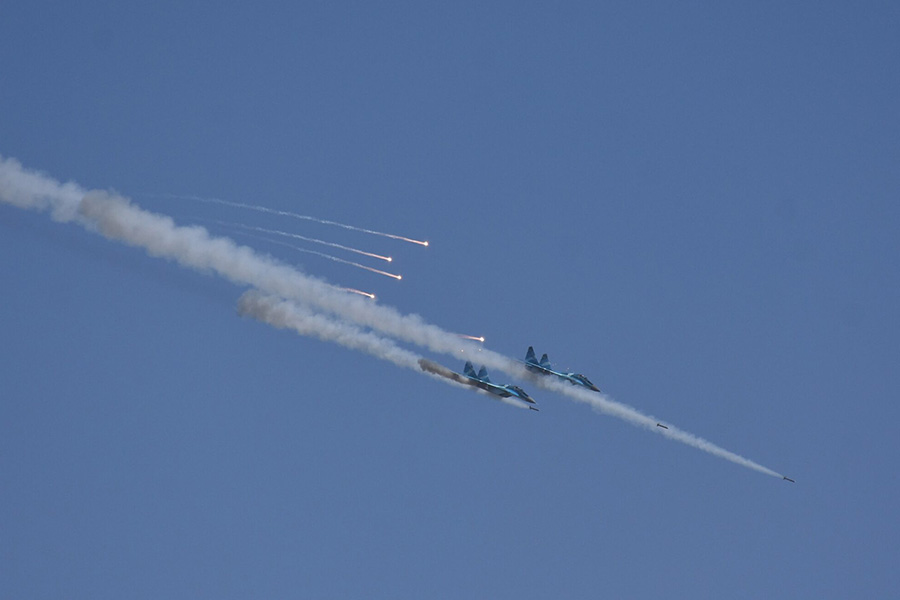
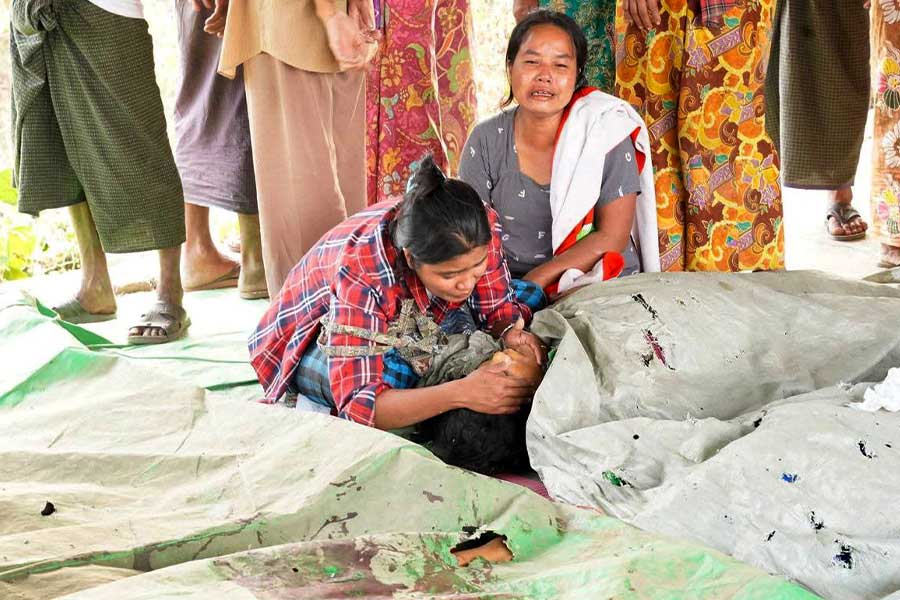
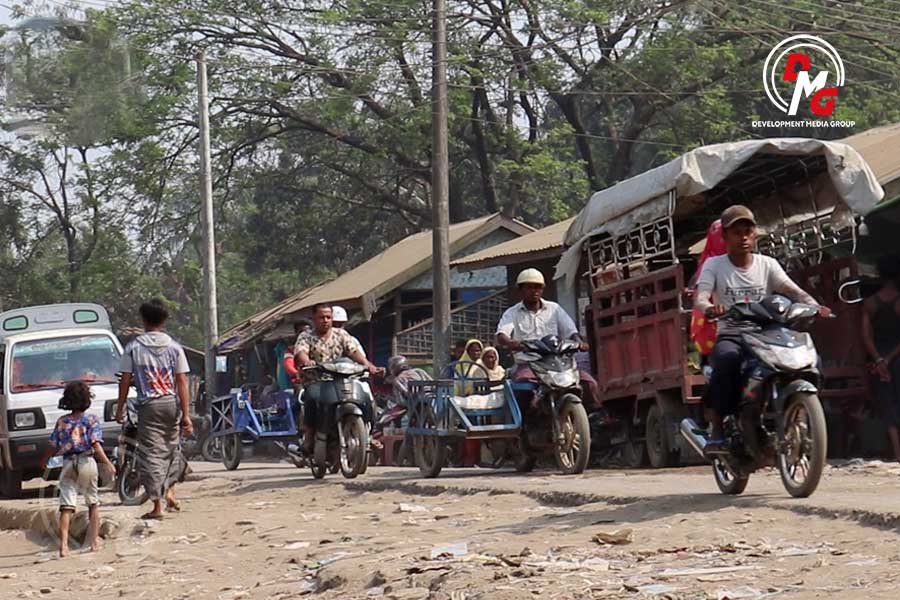
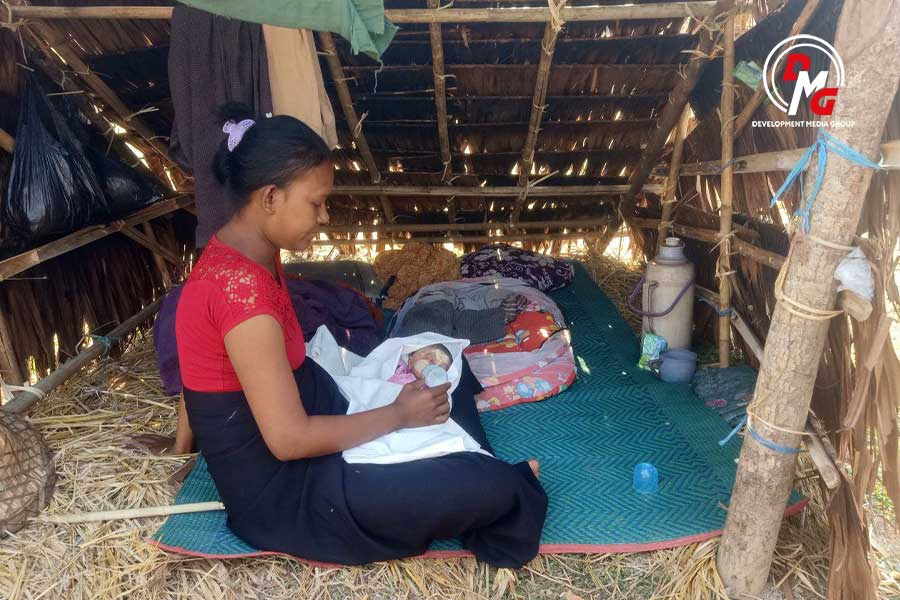
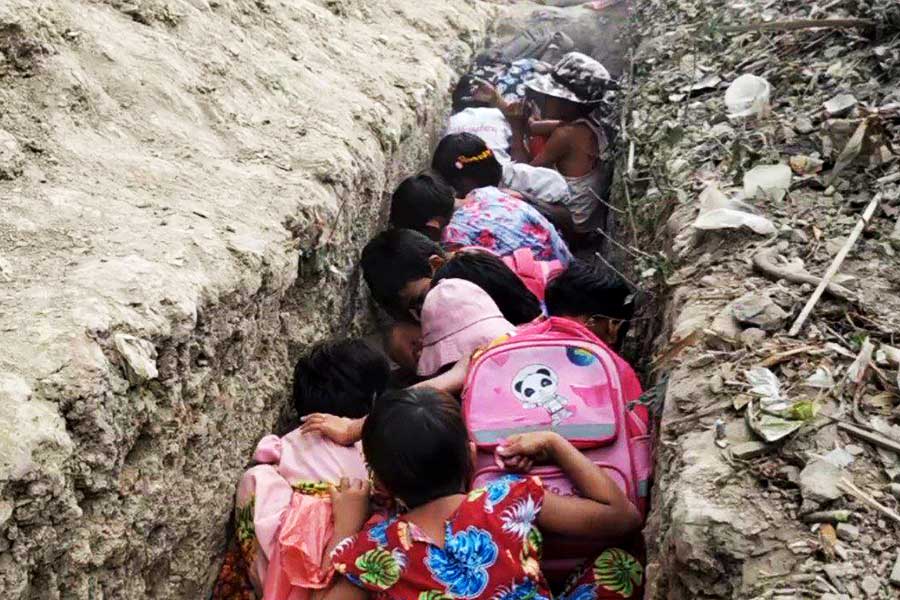








.jpg)